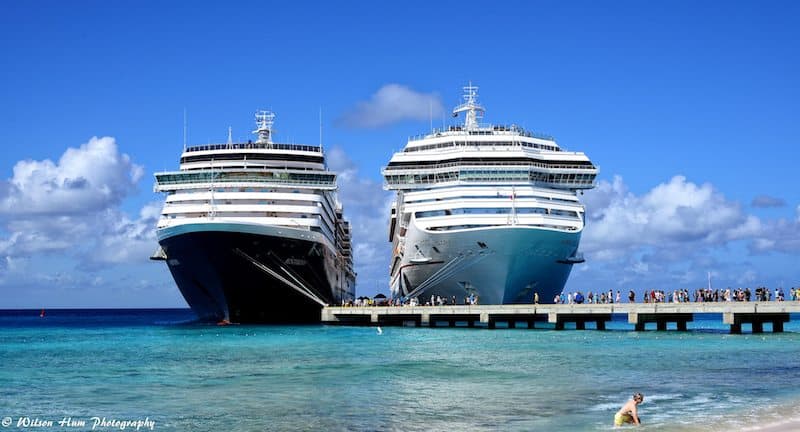Exploring the World Through Educational Travel
Study travel allows students to gain fresh views while staying linked to classroom progress. Wandering across continents or regions teaches lessons that printed pages can only hint at. Simple planning keeps grades secure while rail lines, buses, and ferries change scenery daily.
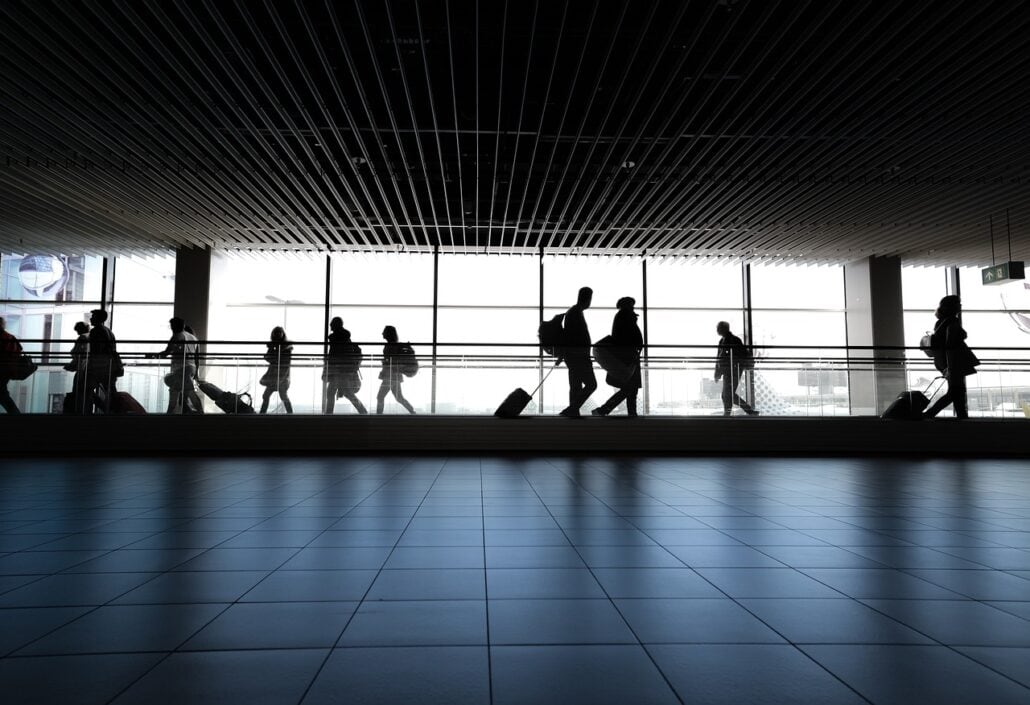
Learners often tap local museums or libraries for deeper context on art, science, and history. Some pupils spark ideas when monuments stand before them, replacing abstract diagrams from lectures. Others prefer calm corners where they reflect on readings amid gentle street sounds outside.
Both learning styles hold equal worth, proving travel can fit varied academic needs.
Learners sometimes visit write my paper for me to handle tight assignment deadlines quickly. Such support frees evenings, granting more time to absorb local culture and meet new friends.
Each journey shows that organised exploration sustains both curiosity and strong academic records.
Planning Ahead for Calm Days
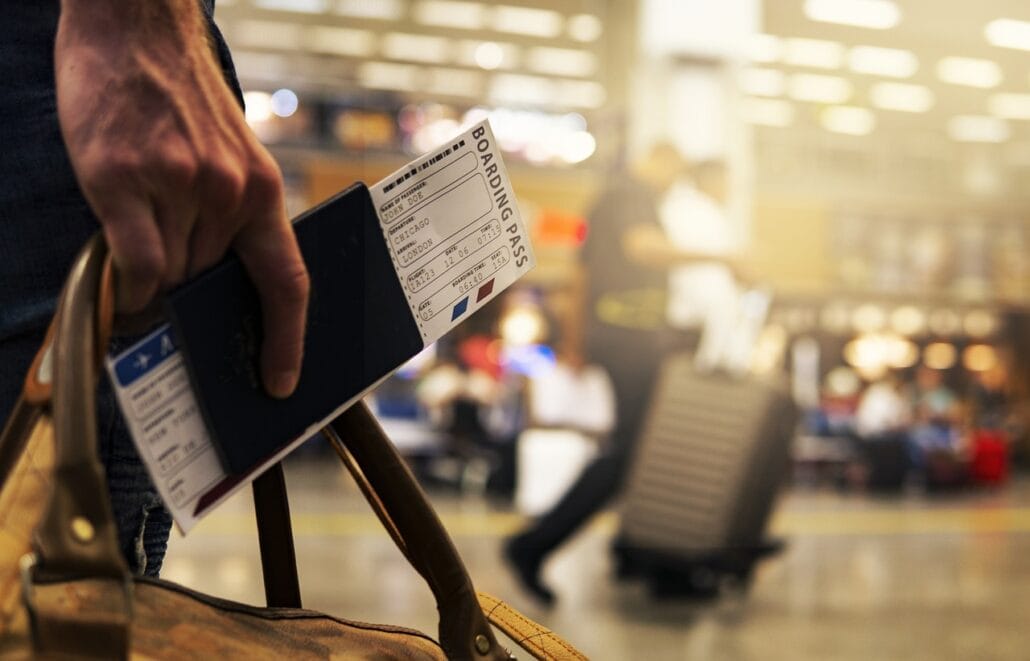
A clear plan reduces stress that can arise when classes, transit, and budgets collide unexpectedly. Successful travelers gather flight tickets, bus routes, and check-in rules long before departure day.
They build calendars outlining lectures, projects, and leisure, leaving space for sudden sightseeing finds. Choosing lodging near quiet study areas saves commuting minutes and lowers late-night noise.
Reliable internet remains vital, so students confirm speeds and backup hotspots during booking. Many install task apps that remind them about quizzes, essays, or reading sets at chosen times.
Digital notebooks store lecture slides, keeping references reachable without heavy binders filling backpacks. Some subscribe to mobile learning platforms delivering structured lessons even during long rail segments.
Clear timelines prevent surprise cramming, leaving free hours for city walks or relaxed chats. Prepared travelers find balance easier, turning busy schedules into smooth, enjoyable days abroad.
Packing Skills that Safeguard Learning

Thoughtful packing ensures study tools and personal items remain tidy, secure, and ready for quick use. Rolling garments creates extra room, while sturdy cubes separate shirts from cables and stationery.
Clear zip bags store chargers, pens, and memory cards, simplifying security checks at busy gates. A dependable backpack features padded laptop sleeves, front pockets for snacks, and hidden sections for passports.
Many students label cables and adapters, avoiding mix-ups when several devices charge near shared outlets. Lightweight jackets prove handy on warm trips because evening breezes can surprise tired bodies.
Layered clothing handles sudden rain or cool rooms, keeping comfort steady without extra baggage. Folding small reusable bags helps carry groceries or souvenirs, preventing needless plastic waste.
Compact power banks sustain laptops and phones during multi-hour rides where sockets are scarce. By assigning every item a task, travelers reduce clutter and stay agile during hectic transfers.
Building Steady Study Habits
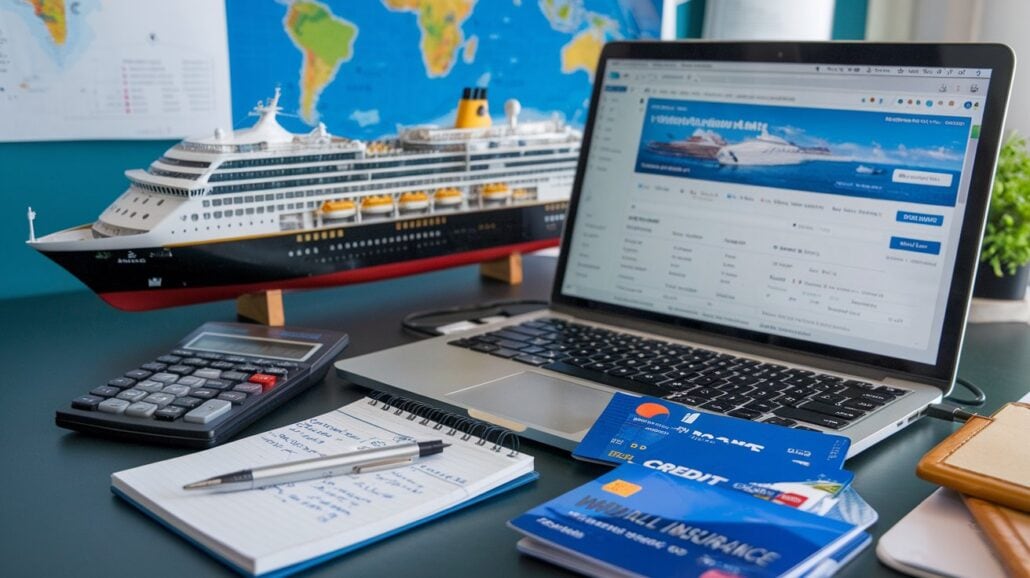
Consistent routines guard memory against the distractions of shifting cities and packed attractions. Many learners wake early, finish readings, and step outside before crowds gather at famous sites.
Others prefer evening sessions, reviewing notes while city lights twinkle beyond hostel windows. Short study blocks, separated by stretching or breathing, refresh focus and maintain motivation.
Calendar alerts chiming on watches or phones prevent missed quizzes and forgotten research tasks. Digital folders sorted by course keep essays, slides, and drafts organised for instant access.
Peer study calls over video apps add accountability and inject friendly encouragement into tough chapters. When workloads climb suddenly, online essay writer services step in and prevent overwhelming late nights.
Repeating a routine daily trains the brain to switch into learning mode, no matter the setting. Over extended trips, such discipline converts study time from obligation into welcome, familiar comfort.
Using Portable Learning Tools
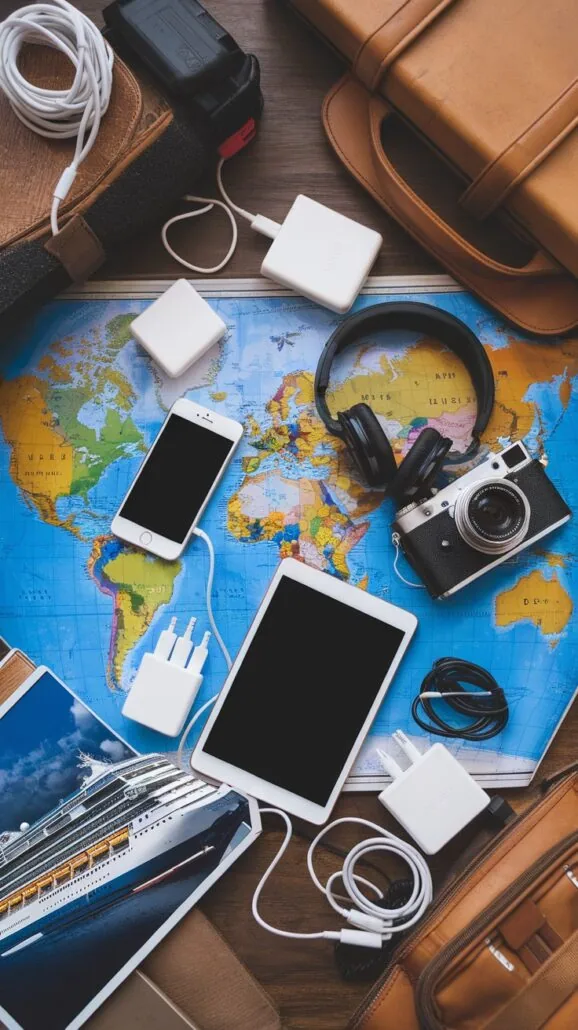
Modern platforms pocket entire courses, allowing progress while queues crawl or trains glide. Videos, flashcards, and quizzes stream smoothly on phones, replacing heavy textbooks in crowded cabins.
Offline modes store lessons for mountain paths or flights crossing signal dead zones. Interactive boards let classmates share diagrams, comments, and feedback, strengthening group learning while apart.
Built-in progress bars show completed segments, guiding users toward unfinished material without confusion. During idle minutes at bus stops, push reminders nudge learners to review formulas or vocabulary.
Some tools include live tutors who explain problems through chat, clearing doubts before deadlines strike. Progress synchronises across devices, allowing students to borrow a library computer without losing notes.
Every day, these tools transform spare moments into valuable study sessions that accumulate quickly. The result is steady advancement that matches classroom pace even while passports gather new stamps.
Keeping Sightseeing in Sync with Lessons
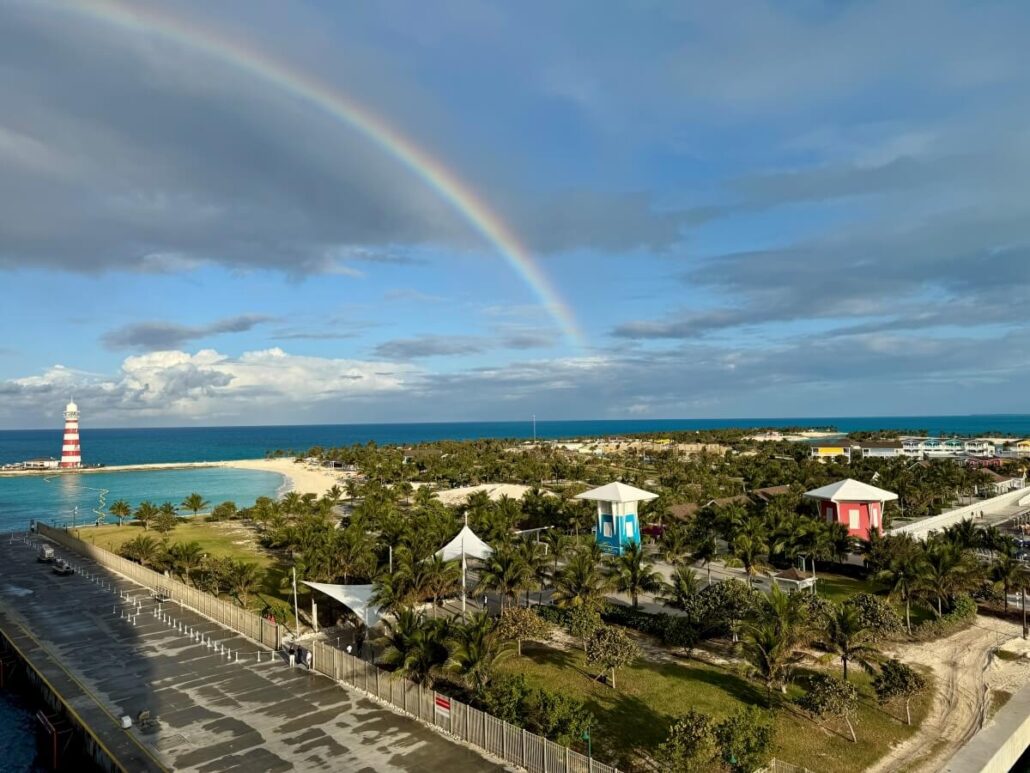
Balanced itineraries guard against constant rushing between landmarks and lecture notes. Many travelers rise early, capturing sunrise photos before crowds, then settle for mid-morning reading. Others focus on coursework first, rewarding themselves with evening concerts or quiet waterfront walks.
Setting concrete tasks, like drafting one section or solving five problems, prevents unrealistic expectations. Timed study blocks end guilt-free, allowing full attention during gallery tours or street food tastings. Planned breaks also avoid burnout, keeping curiosity alive throughout long travel periods.
Travelers who stay current with assignments rarely face frantic all-night marathons before submission portals close. Friends or relatives back home can monitor progress, offering praise that fuels consistent effort.
Each fulfilled study goal makes sightseeing feel earned, amplifying joy and memory retention. Balance keeps minds sharp and trip diaries bright, delivering strong grades alongside vivid memories.
Tapping Local Assets

Cities hold abundant learning venues beyond famous attractions, waiting for curious students to explore. Public libraries grant internet, quiet desks, and regional archives that enrich research papers.
University bookstores often stock course readers, language guides, and affordable stationery perfect for travelers. Cultural centers host film nights or craft workshops, presenting active ways to absorb local heritage.
A conversation with neighborhood residents uncovers study spots unseen in typical guidebooks. Museums transform static data into tangible exhibits, reinforcing timelines remembered during later exams. When topics confuse travelers, local student unions may suggest tutors who are happy to review material.
Language exchanges at cafés allow learners to practice phrases while sipping hot drinks. Community volunteer events add meaning, connecting coursework themes to real social needs. Active use of these resources deepens understanding, turning short visits into rich learning chapters.
Asking for Support During Heavy Weeks
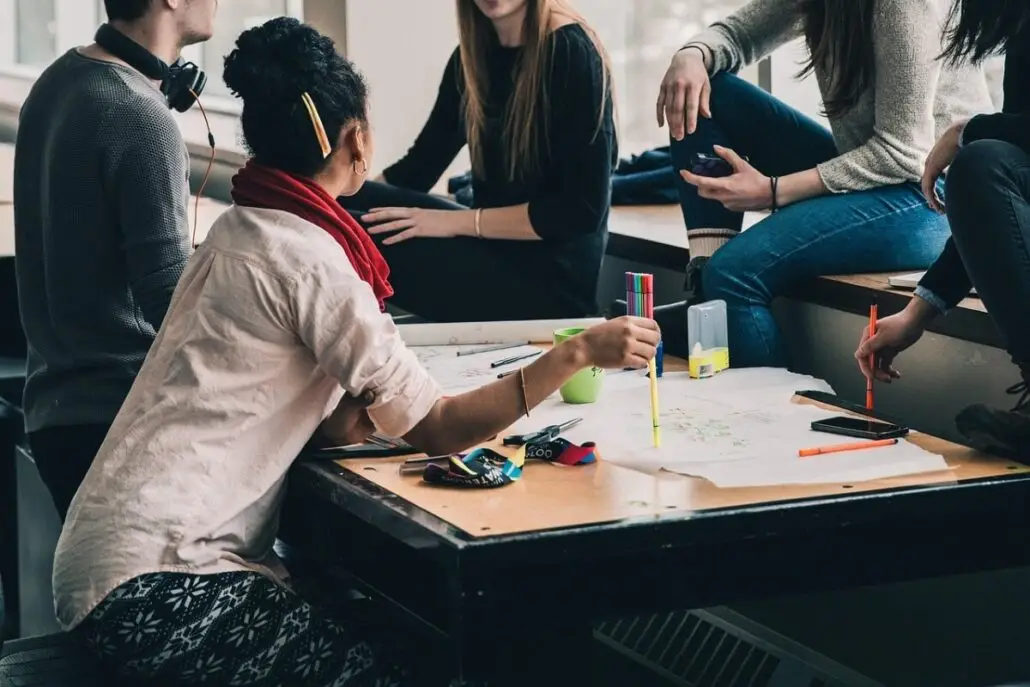
Strong planners sometimes face overlapping essays, quizzes, and transport delays that strain focus. Timely help avoids snowball stress and preserves mental health on extended trips.
Study groups share summaries, dividing reading lists so everyone receives full coverage with lower effort. Online essay writer services craft drafts based on clear guidelines, giving students a head start on edits.
Virtual tutors explain formulas or grammar rules through video calls, closing knowledge gaps quickly. Discussion boards let travellers post concerns and receive tips from peers who have overcome the same obstacles. Emailing instructors early secures deadline extensions when proof of travel disruption appears.
Trusted relatives back home may proofread drafts or test practice questions over voice calls. Accepting assistance signals confidence, not weakness, and lets each learner focus on core goals. Shared effort lightens burdens, ensuring grades stay high and travel joy continues.
Preserving Body and Mind Health
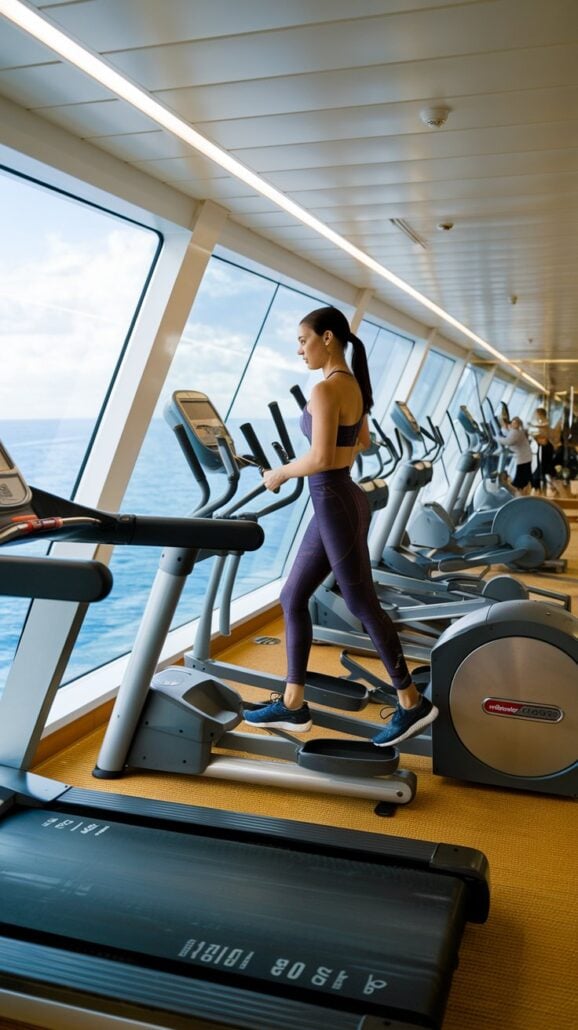
Long transit days disrupt normal meals and sleep, demanding steady self-care to maintain sharp thinking. Carrying fruit, nuts, and refillable bottles guards against energy dips during sightseeing marathons.
Simple bodyweight exercises like squats or planks fit inside hostel rooms without extra equipment. Short walks between bus legs boost circulation while giving eyes relief from screens.
Moderation with street dishes keeps stomachs settled, letting students attend morning classes refreshed. Bedtime alarms remind travellers to sleep enough hours despite the buzzing nightlife nearby. Mindful breathing or journaling reduces worry and strengthens resilience during uncertain border crossings.
Rest days without tours allow muscles and minds to recover, preventing sickness. Healthy routines support academic goals as much as lecture notes and research databases. A fit traveller smiles longer and remembers lessons better, enriching every destination.
Looking Back and Charting New Paths

When the trip ends, thoughtful reflection turns memories into clear evidence of personal growth. Students review journals, graded papers, and photos, noting skills gained during each stage.
Improved time management shows in punctual submissions, while cultural knowledge deepens through first-hand encounters. Language confidence often rises after daily chats with residents, proving practice beats classroom drills.
Reflective sessions also spark new study travel ideas, encouraging research into future programs. Sharing experiences online helps peers plan their own journeys, expanding community knowledge. Certificates or credits earned abroad strengthen resumes, signaling adaptability to future employers.
Gratitude lists remind travellers of supportive friends, tutors, and hosts met along the way. Each reflection closes one chapter and opens another, continuing the learning cycle through movement. With fresh goals set, passports ready, and curiosity intact, the next adventure already waits.



